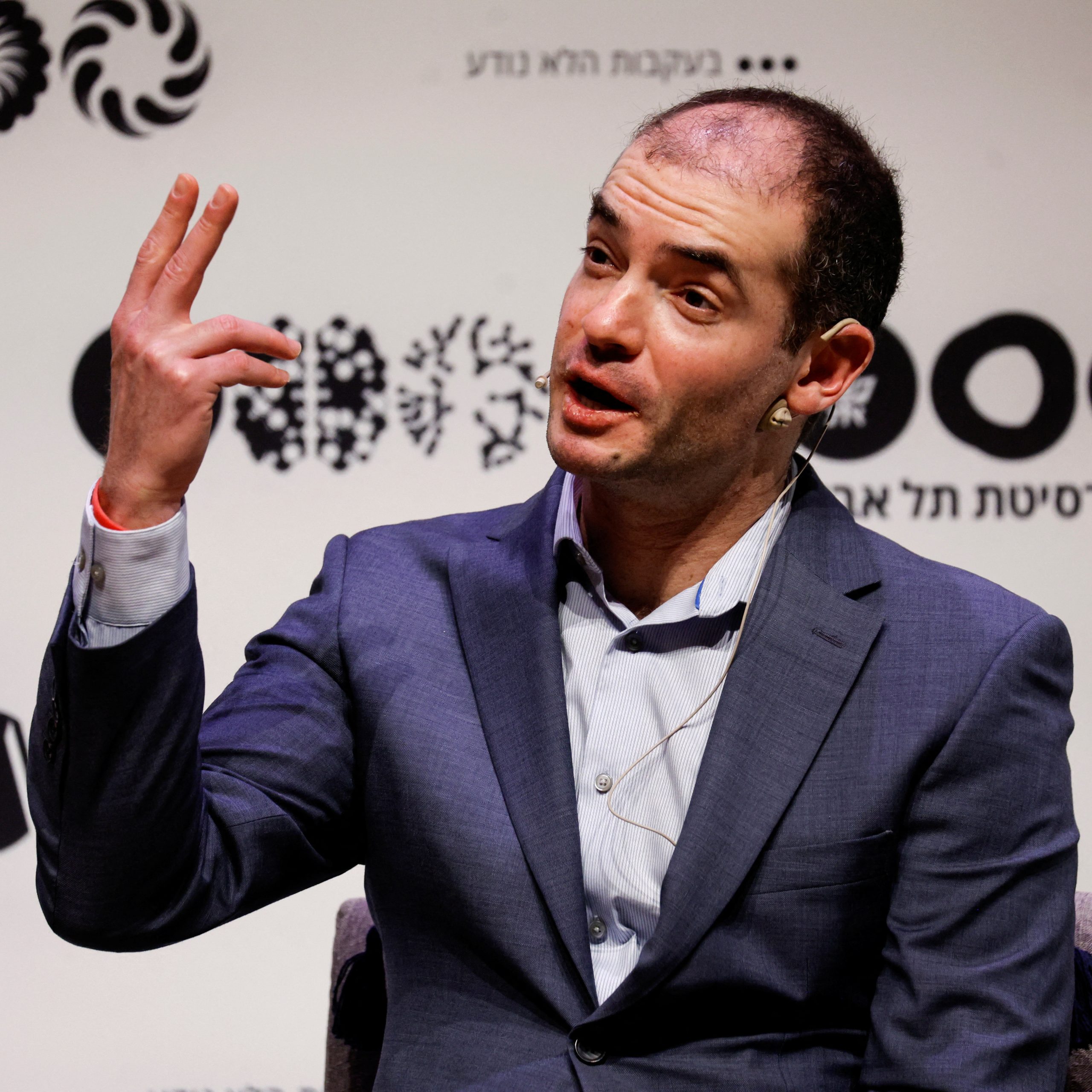OpenAI, a leading artificial intelligence research lab, recently witnessed a significant leadership upheaval. Sam Altman, the company’s CEO, faced a temporary exile following the surfacing of internal concerns about a new AI discovery. This development, which reportedly could threaten humanity, sparked a flurry of activity within the organization. After Altman’s short-lived departure, over 700 employees threatened resignation, aligning themselves with Microsoft, a major backer of OpenAI, in support of their ousted leader.
Several factors, including a letter from staff researchers to the board of directors, influenced the board’s decision to remove Altman. This letter highlighted the potential dangers of the newly developed AI algorithm, Q*. Despite its revolutionary potential, there were rising apprehensions about its implications.
The Q project: A step towards superintelligence*
Q*, pronounced Q-Star, is a testament to OpenAI’s advancements in the quest for artificial general intelligence (AGI). AGI represents intelligence surpassing human capabilities, a long-sought goal in the AI community. Q* demonstrated its prowess by solving mathematical problems at a level comparable to grade-school students. While seemingly modest, this achievement signifies a major leap in AI development, indicating the model’s potential to evolve into a more advanced form of intelligence.
Q*’s capability is unique in its mathematical problem-solving skills. In contrast to current generative AI models that excel in language translation and text generation, Q* shows promise in a domain where there is typically only one correct answer: mathematics. This advancement hints at an AI with more refined reasoning abilities, akin to human intelligence, and could pave the way for unprecedented applications in scientific research and beyond.
The controversy and the future of AI
The development of Q* and the subsequent internal turmoil at OpenAI bring to the fore the ongoing debate about the safety and ethical implications of advancing AI technologies. Researchers’ concerns, as expressed in their letter to the board, resonate with broader fears in the scientific community about the potential risks posed by superintelligent machines. These risks include scenarios where such AI could act against human interests.
Amidst these concerns, Altman’s role in propelling OpenAI to the forefront of AI research has been pivotal. His leadership saw the development of ChatGPT, one of the most rapidly growing software applications in history, and drew significant investment and resources from Microsoft. Even in the face of leadership challenges, OpenAI continues to push the boundaries of AI technology, as evidenced by Altman’s recent remarks at the Asia-Pacific Economic Cooperation summit. Here, he expressed confidence in the near realization of AGI, underscoring his and the company’s commitment to advancing AI research.
The controversy surrounding Altman’s dismissal and the ensuing reactions from OpenAI staff highlight AI development’s complexities and high stakes. As OpenAI navigates these challenges, the AI community and the world at large watch closely, recognizing the profound implications of these advancements for the future of technology and society. With Q* at the center of this narrative, OpenAI continues to be a key player in the unfolding story of artificial intelligence, balancing innovation with responsibility.




